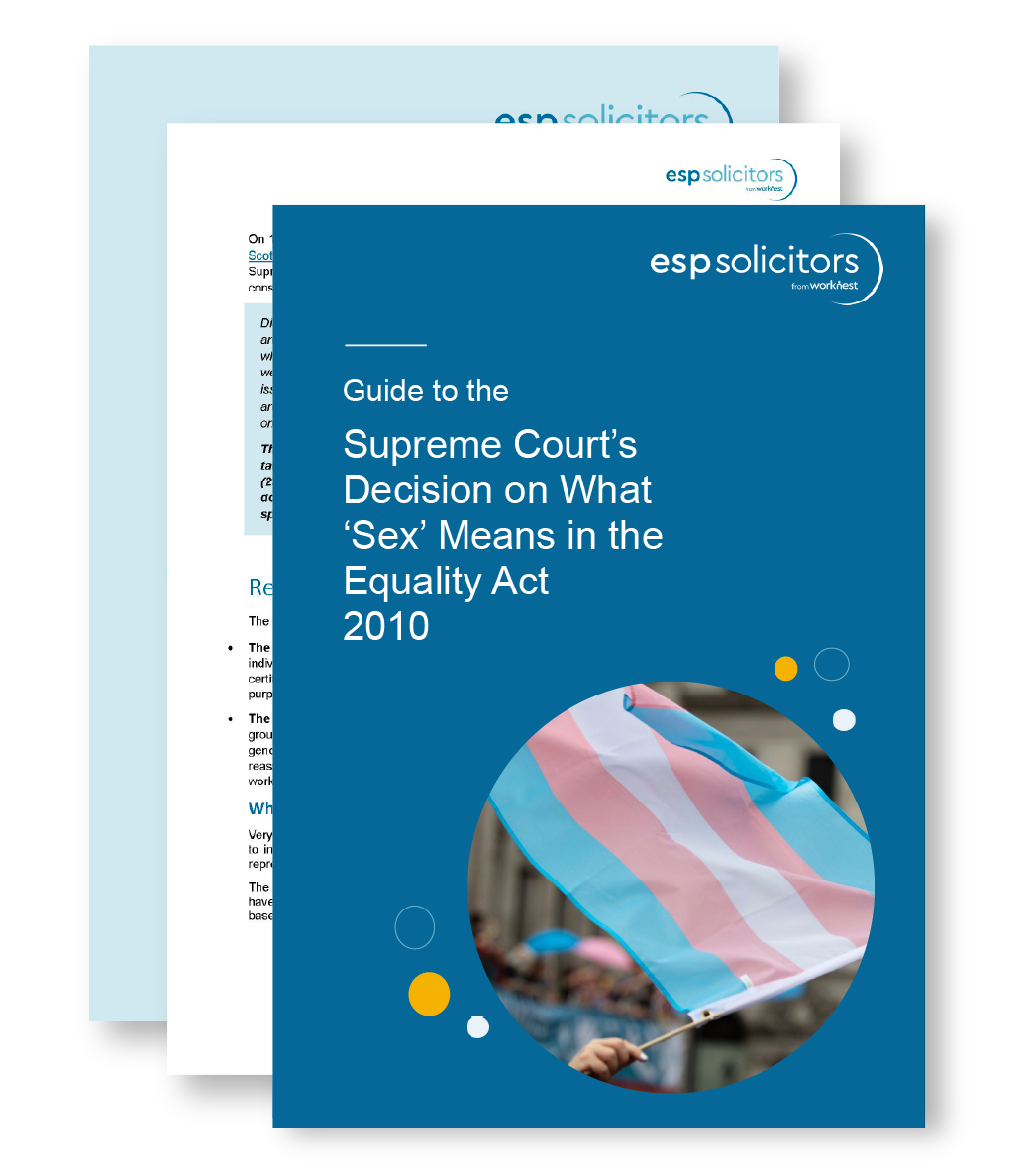To create an inclusive workplace that values, respects, and celebrates diversity, an understanding of this religious observance is key to supporting Muslim employees during Ramadan.
While you are unlikely to encounter significant issues, it’s essential to be aware of legal considerations when managing employees observing Ramadan and to proactively consider ways to provide support for them in work.
How to support Muslim employees during Ramadan
Ramadan is the ninth month of the Islamic calendar, one of the pillars of Islam, and the holy month of fasting. Observed by Muslims worldwide, it commemorates the month during which the Quran, the holy book of Islam, is believed to have been revealed to the Prophet Muhammad.
Muslims will observe fasting (including water) from dawn until sunset (approximately 15 hours) every day for 29 or 30 days as a means of obeying a pillar of their faith and gaining closeness to Allah. Start dates vary each year, depending on the sighting of the Moon. The celebration of Eid ul-Fitr ends the month of fasting, prayer, and reflection.
During Ramadan in the workplace, many Muslims will continue working. It’s important to support employees during Ramadan to ensure they feel valued and respected and can continue to perform their duties to the best of their ability.
In most cases, employees will plan effectively, communicate openly with colleagues and supervisors, and make adjustments to their daily routines in order to minimise disruption and maintain a smooth workflow.
Accommodating Ramadan in the workplace
You can proactively help and support your Muslim employees with the following steps.
Offering flexible working
Religion is one of the protected characteristics under the Equality Act 2010. This means that, during Ramadan and work, employees must not be treated less favourably because they are fasting. While there is no legal right to a variation in hours due to religious belief, you should be flexible and open to discussion with their staff, accommodating employee requests where possible.
Employees observing Ramadan may be staying up late to observe prayers and will be waking up in the early morning to have their pre-dawn meals. As such they may require changes to their work patterns. You should consider offering flexible working arrangements if possible as a temporary measure.
This can include adjusting working hours or allowing employees to work from home to accommodate fasting and prayer times.Not all employers will be able to accommodate requests for flexible working depending on the industry and client needs.
Where requests cannot be accommodated, these should be discussed and explained to employees and if possible alternative solutions considered.
Allowing increased annual leave requests
Muslim employees may want to take some time off either during the month of Ramadan or to celebrate Eid.
You should note the exact dates are subject to the sighting of the moon and try to accommodate requests with short notice, if possible, or allow employees to book multiple days. They may also cancel days that are not needed at short notice.
However, care should be taken to apply a fair and consistent approach.
Providing education to increase awareness and understanding
Ramadan accommodations in the workplace can include arranging training, informational sessions, or internal communications, can enable other staff members to learn more about Ramadan and its importance for Muslim colleagues.
By educating managers and supervisors on effectively supporting employees during Ramadan, organisations can equip them with the necessary tools to prioritise flexibility and open communication.
Scheduling strategically
Fasting during Ramadan may result in fluctuating energy levels. With this in mind, consider supporting employees by strategically scheduling meetings and appraisals in the morning or at the start of their shift.
If you are unsure what time would be best, engage with employees so that you can hopefully agree on a time that accommodates their fasting obligations and works for everyone.
Offering supportive resources
If possible, you should provide access to quiet or designated prayer spaces within the workplace where Muslim employees can perform their prayers comfortably and privately. These resources can be seen as your business celebrating Ramadan in the workplace, allowing your employees to enjoy personal time of reflection in between working periods.




